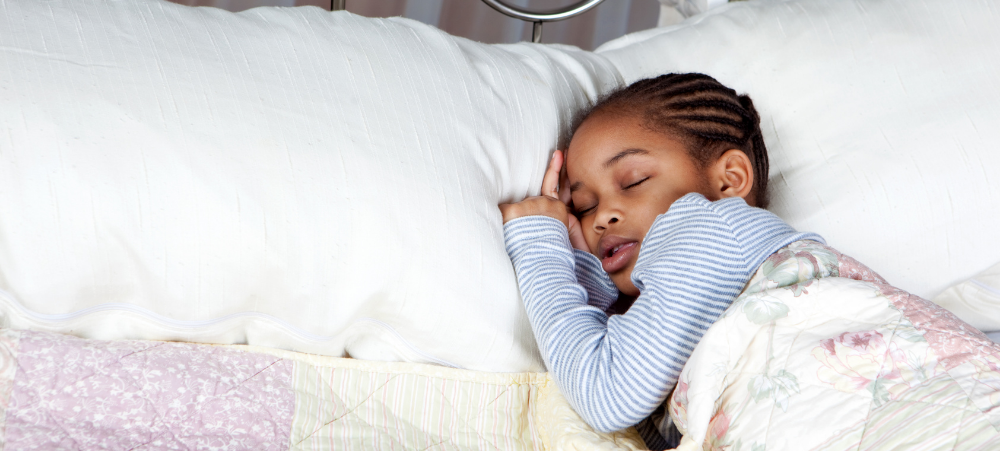Not as much as you might be thinking….
Very often, when we talk to clients their main concern is that milk, milk supply, solids or the lack thereof, are the causes of their child not sleeping. This is a natural reaction due to the kinds of information new mothers are exposed to.
In hindsight, I am embarrassed to admit, that I was shoving (and I mean, literally: forcefully, SHOVING) rice cereal down my 3 month old’s throat because I was convinced that he was hungry. This was supported by the sage advice of the older generation, who insisted that once I started feeding my solids, he’d magically start sleeping through.
I also tried (with little success) “topping up” my baby’s breastmilk with formula because—as the nurse was telling me—he continued to wake at night because he is NOT receiving sufficient nutrition from me. I was also informed by loving friends and strangers alike that I should change the formula that I’ve selected for the young one, because my baby might in fact be lactose intolerant, therefore the current formula was causing him discomfort as it was being processed by the digestive system.
Does any of this sound familiar? With the popularity of this type of ill-advice, it is very easy to fall into the “over-nutrition” trap. Moms, just because you are breastfeeding does not mean your child is not able to sleep through!
What If I told you that only 5% of sleep problem cases have their root causes in nutrition challenges!?
It is far more likely that that your baby has not yet developed the skill of soothing him/herself, and therefore nutrition is not the problem.
The fundamental rule to remember is that your baby’s sleep is regulated by his/her brain and not by the stomach.
When nutrition does play a role:
Nevertheless, a hungry baby will not sleep well either; so here is a checklist to use to rule out whether nutrition is the problem:
- Is your baby growing according to his/her growth curve? Essentially, is your baby gaining weight steadily?
- Is your baby older than 6 months? If “yes”, solids can be introduced.
- How old is your child? If your child is younger than a year, milk is more important. If your child is older than a year, solids should be the primary source of nutrition.
- Does your child receive protein rich nutrition if he/she is older than 6 months?
- Does your child have a sufficient intake of minerals like Zinc, Magnesium and Iron?
- Does your child eat/drink too much salt, sugar or caffeine? These additives could spike energy levels, leaving the child in a hyper-alert stage.
- Is your baby drinking too much water, rooibos and/or juice? Remember, juice has a high concentration of sugar/fructose.
Sugar is a drug – like it or not.
We would live to believe that the hype around sugar is no more than drama-mongering by puritan foodies. Unfortunately they are right. People die from diseases every day that started (and ended) with their relationship to sugar. By sugar I am referring to high fructose corn syrup, which appears in just about every kind of sweetened convenience food, drink and confectionary. As well as good old table sugar. Of course there is a place for sugar, but when the average person has no idea about moderation it is good practice to abstain as much as possible.
Possibly the most interesting research regarding sugar is not only the effect on the endocrine system, but the effect on the brain.
Researchers reported in the “Neuroscience & Bio-Behavioural Review Report” in 2008 that “intermittent dietary sugar consumption alters extracellular dopamine in the brain, much in the way an addictive drug does. Moreover, when this intermittent sugar consumption ceases, dopamine levels are affected and signs of withdrawal can become evident. Not only can extracellular dopamine levels be affected but so too can the dopamine receptors themselves.” The sugar addicts and chocoholics were right!
To initiate a restful sleep we need to encourage foods that support sleep-inducing neurotransmitters such as serotonin and melatonin. Traditionally these are foods rich in tryptophan and B complex vitamins. Growth hormones are also released when we sleep and these are essential for not only growth but also healing and repair.
For more help on sleep related matters for your baby and/or toddler, contact [email protected], www.goodnightbaby.co.za or like the Facebook page http://www.facebook.com/GoodNightbabyrsa
- “Sleep When Your Baby Sleeps” – Planning for Newborn Sleep Bliss - March 18, 2024
- WHERE SHOULD YOUR BABY SLEEP? - March 11, 2024
- Don’t get “nap trapped” - March 5, 2024





